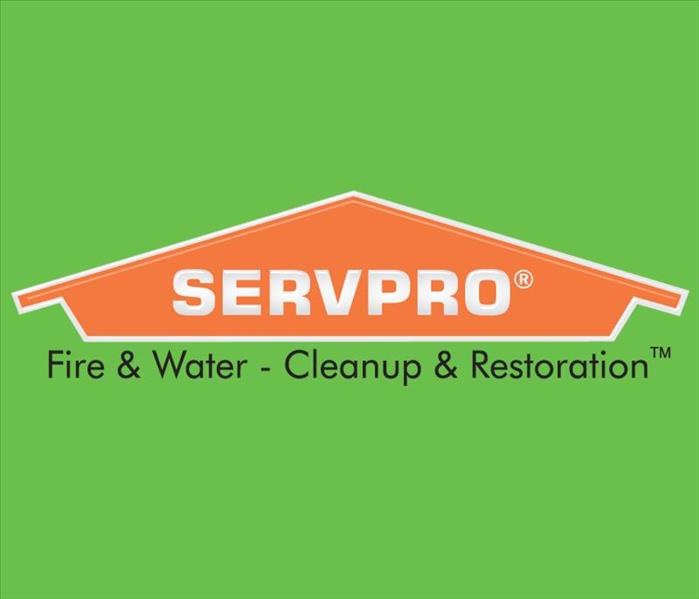Top 5 FAQs About Flood Insurance
8/19/2020 (Permalink)
Preparation is key when it comes to protecting your commercial business from natural disasters, such as floods, heavy rain, and high winds. There's no telling when or where a flood could occur, so the best way to make sure you're protected is to purchase flood insurance. Study the following frequently asked questions regarding commercial insurance to help keep your building in Doylestown, PA, safe.
1. Is Flood Coverage Mandatory?
All commercial business owners are required to purchase a separate insurance policy if their building is located in a high-risk flood area. This is especially so if you have a mortgage from an insured or federally regulated lender.
2. What Does The Insurance Policy Cover?
Your policy protects you from flood damage to your building and the property within it. The cause of the flood typically doesn't matter; it can be from heavy rains, overflowed rivers, snowmelt, blocked drainage systems, or anything else. In order to be considered a flood, however, the water must affect at least two different properties or cover two total acres.
3. Does Flood Coverage Protect You Right Away?
Flood insurance typically has about a 30-day waiting period before it comes into effect. It's best that you obtain a policy as soon as you can so you're protected.
4. How Much Money Does Your Policy Give You?
Commercial insurance policies against floods normally can grant you about $500,000 to cover the building itself, along with an additional $500,000 for the building's contents.
5. Is Mold Covered in the Flood Policy?
Flood coverage policies only insure against mold growth if it was a result of the flood itself. Because of this, mold coverage is typically a case-by-case basis. Any mold that was there before the flood is not covered.
Water damage can quickly cause subsequent issues if it's not resolved quickly and obtaining a flood insurance policy can help keep your business afloat in the event of a disaster. Contact your local storm remediation experts for more information regarding commercial insurance and other flood coverage policies.





 24/7 Emergency Service
24/7 Emergency Service
